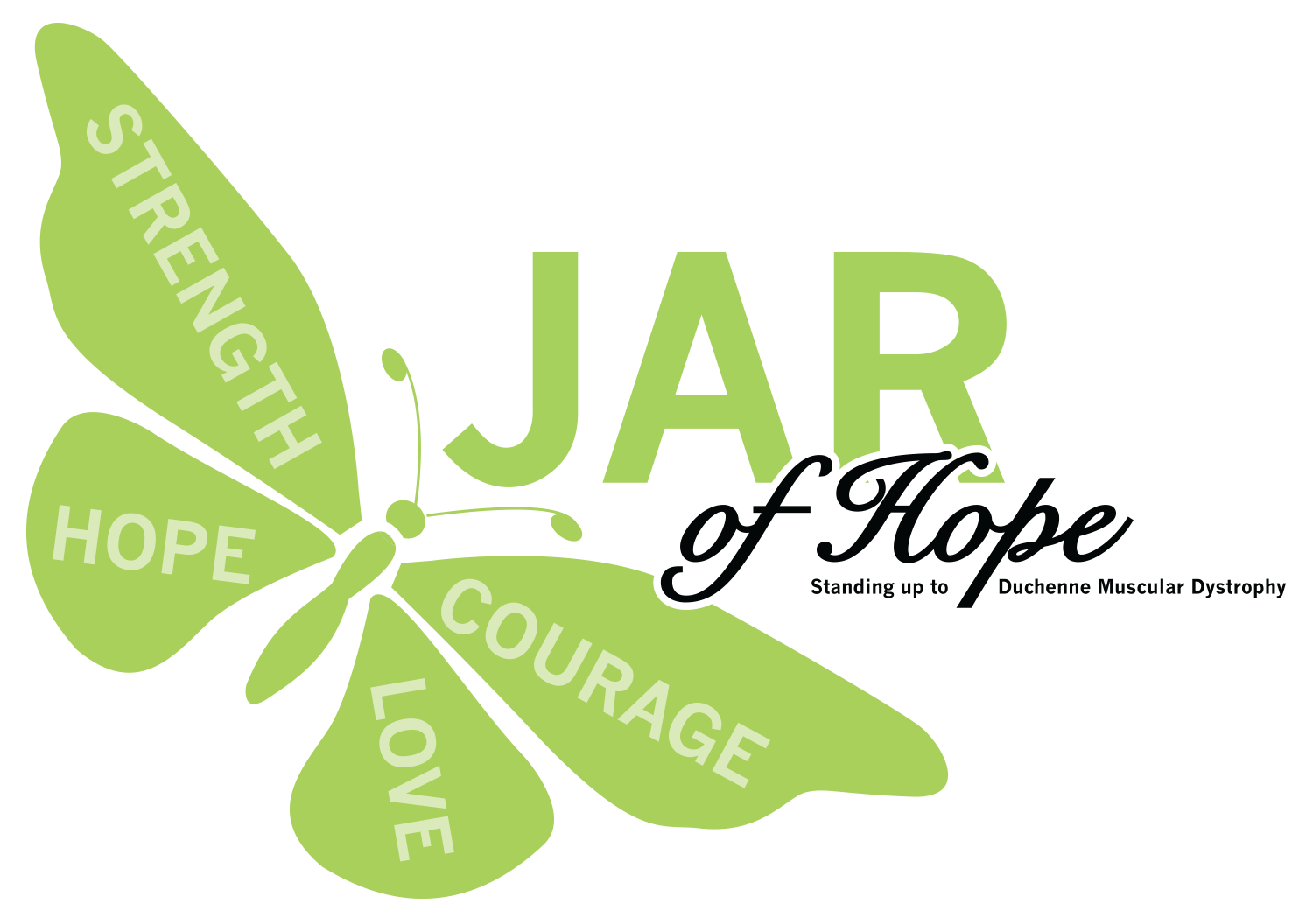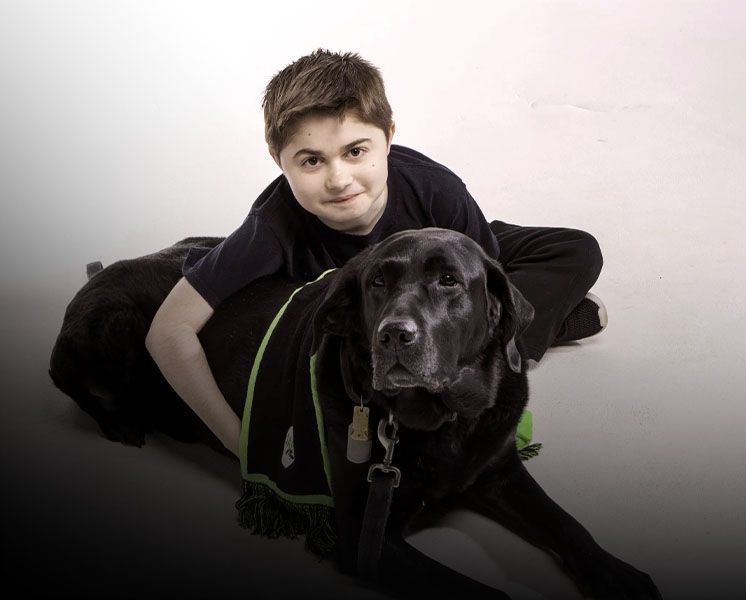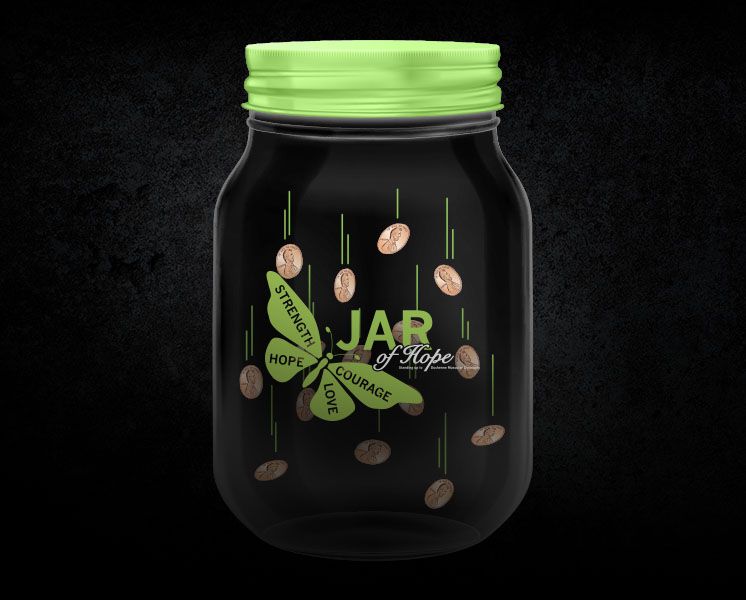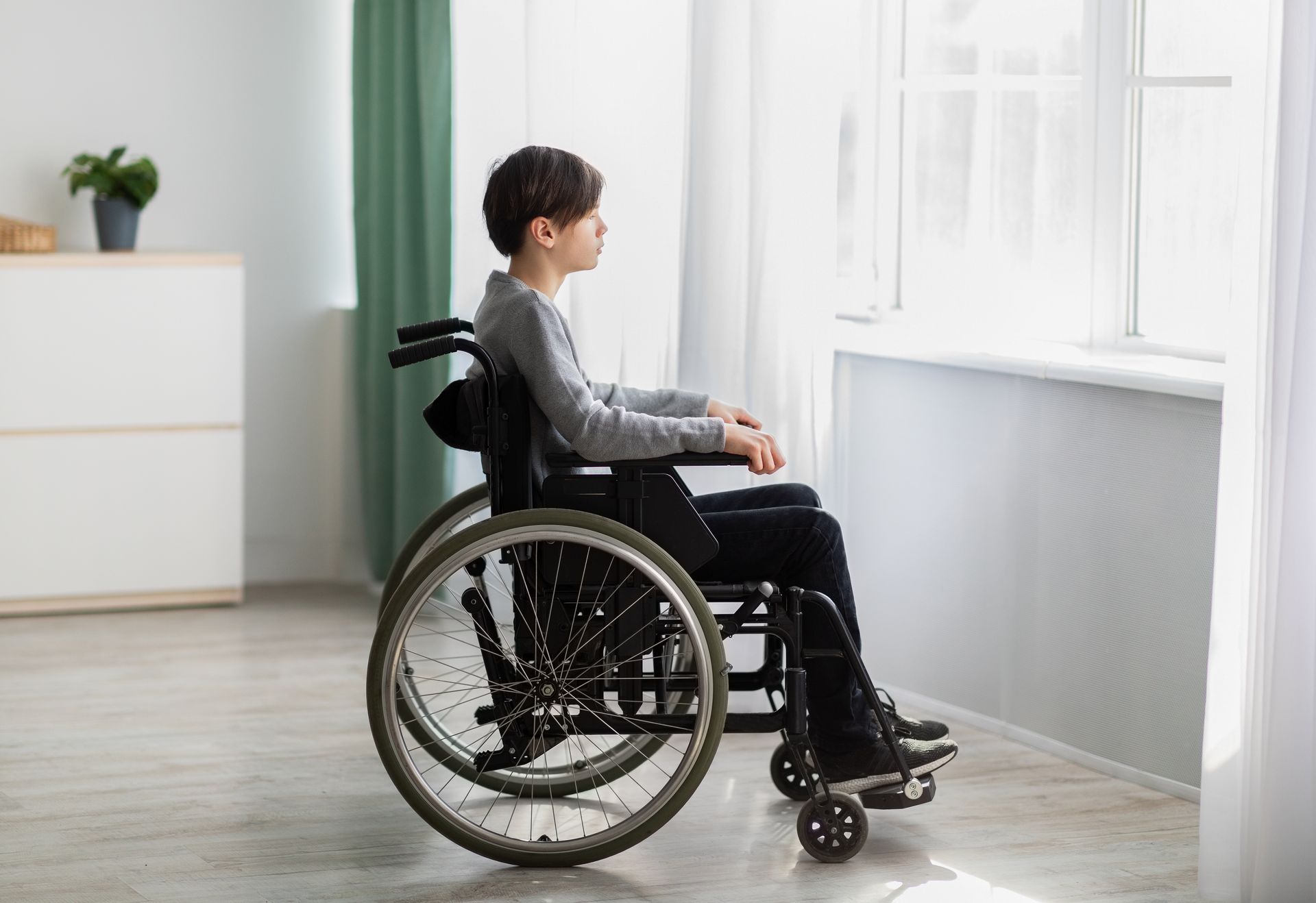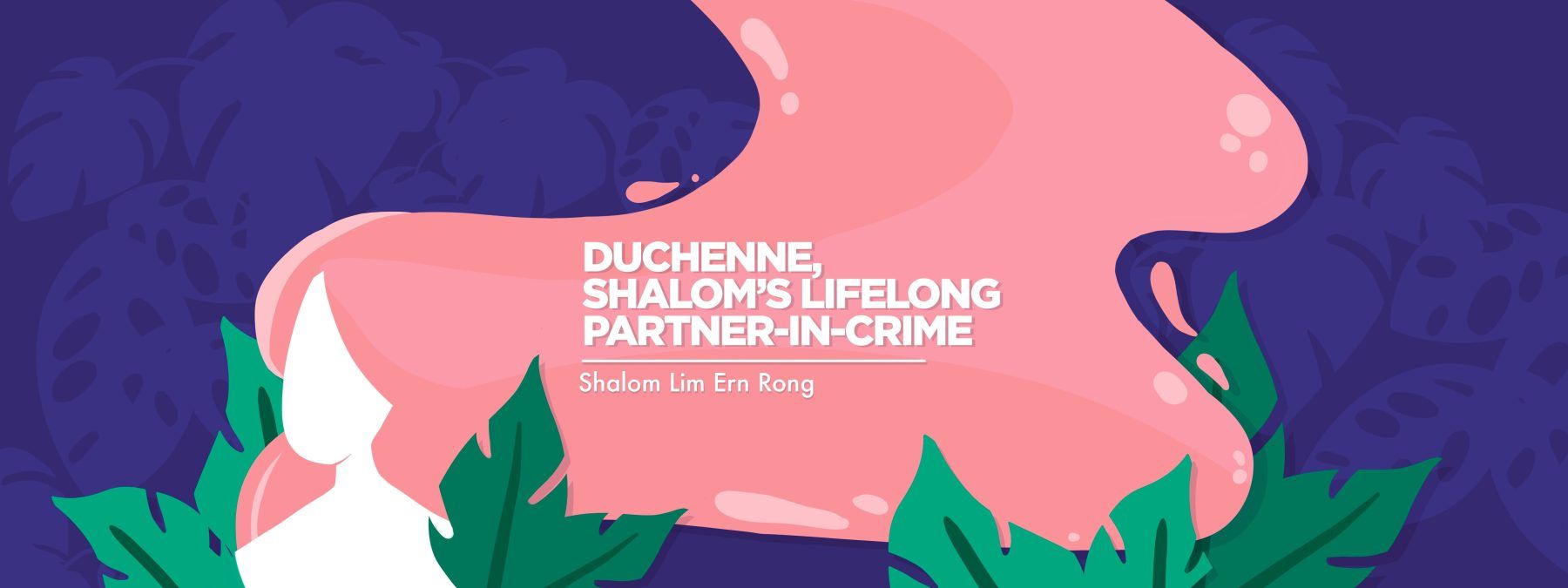SIGN THE PETITION
The Jamesy Act-Activate SSI and Medicaid for DMD Patients Immediately
Sign the petition to demand immediate SSI and Medicaid access for children diagnosed with Duchenne muscular dystrophy—because families shouldn't have to wait while time runs out.
Because no child should have to suffer like this.
Duchenne muscular dystrophy (DMD) is one of the rarest diseases on Earth. DMD is a fatal, muscle-wasting disease you are born with. It occurs once in every 3,500 live births and effects mostly boys. In the United States, with a population of over 330,000,000 people, only about 20,000 children are stricken with Duchenne. And there is no cure.
Our goal is to find a cure for Duchenne muscular dystrophy. With organized fundraising events and support from you, we can continue our mission and turn the dream of finding a cure into a reality.
Duchenne Muscular Dystrophy Clinical Trial
We have partnered with the University of Florida College of Medicine and RESTEM LLC to to initiate an important trial for Duchenne muscular dystrophy (DMD).
Authorization has been granted to begin Phase 1 of the trial. Here, a "randomized, double-blind, placebo-controlled Cross Over study to assess the safety, tolerability, and preliminary efficacy of Umbilical Cord Lining stem cells (ULSC) in Pediatric patients with Duchenne muscular dystrophy (DMD).”
